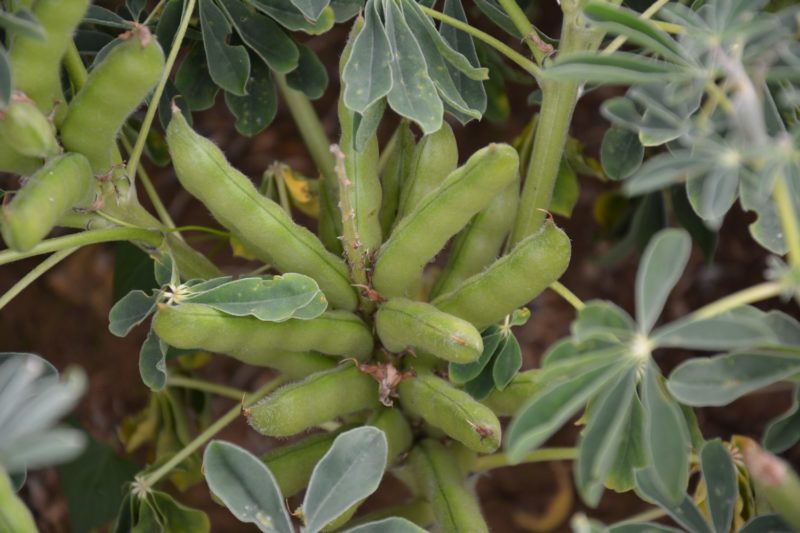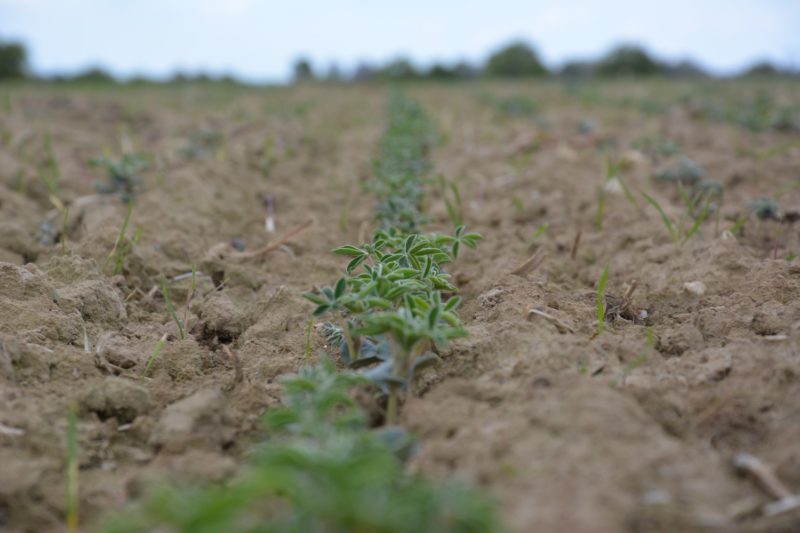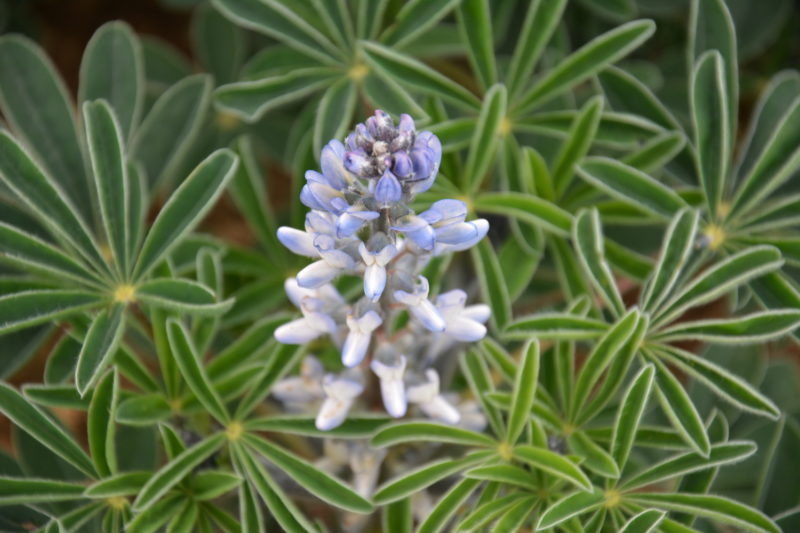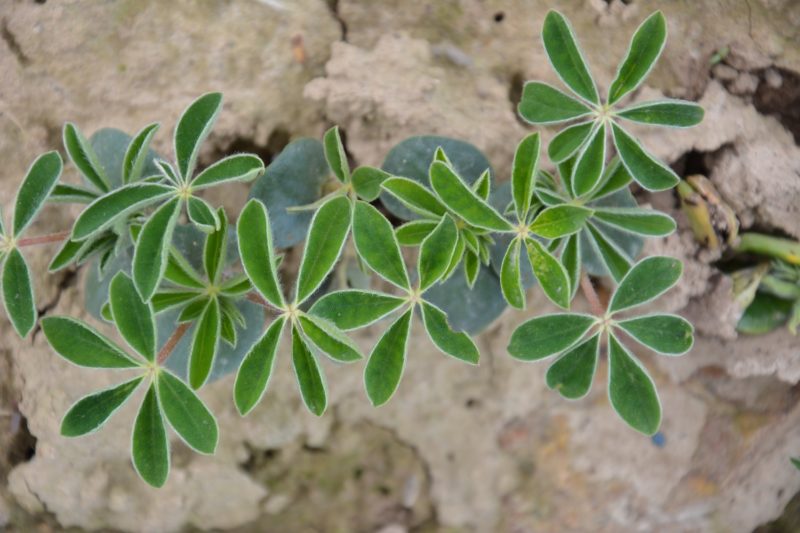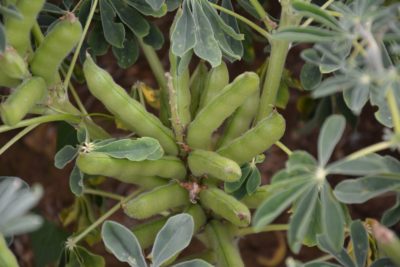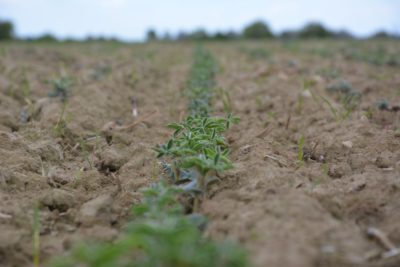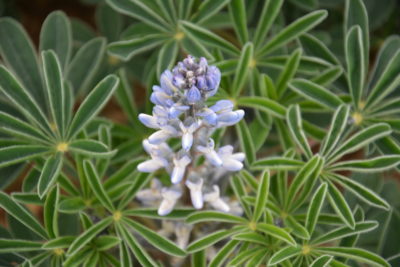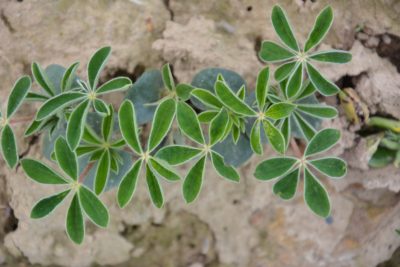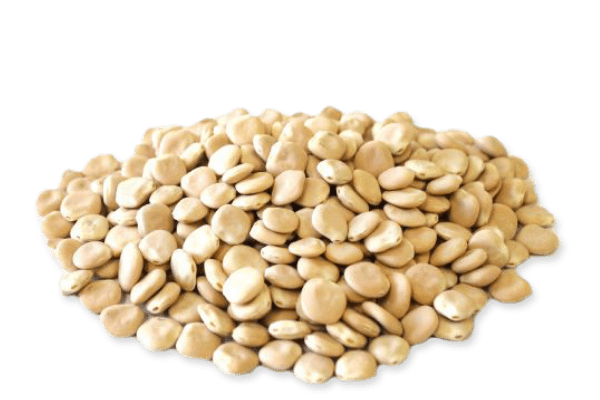What is lupin?
Lupin is a herbaceous plant of the Fabaceae family (or legumes), non-GMO and gluten-free, whose seeds, very rich in proteins, are consumed in different forms: whole, semolina, flour, etc.
Native to the Mediterranean basin, lupins have been cultivated for 4,000 years. Well known to the Egyptians, Greeks, Romans, and Mayans, lupins are appreciated for their light nutty taste and their high nutritional value.
It is traditionally consumed as a pickled seed (like olives) in the south of France, Portugal, and the Maghreb. It is also used in South America, in the form of semolina for making pancakes.
Three varieties of lupin are used in human food:
- White lupin (Lupinus albus) – the most widespread species in France
- Blue lupin (Lupinus angustifolius) – widely grown in Australia
- Yellow lupin (Lupinus luteus) – grown in Central Europe
The advantages of lupin
Lupins, like other legumes, have the particularity of enriching the soil. It captures nitrogen from the air and returns it to the soil. It is therefore natural green manure for subsequent crops. Nature is well done! Lupin is a hardy and resistant plant that tolerates the absence of insecticide and fungicide treatments much better than soya and peas. It also has robust pods that protect its seeds. The cultivation of lupins is particularly well suited to our regions.
The INVEJA lupin sector
INVEJA – a member of the TERRENA cooperative group – controls 100% of the lupin sector. From upstream agriculture – control of variety selection, seed production, crop contracting – to the processing of the seeds into ingredients. This complete control is a guarantee of performance and quality. It is the key to the success of an integrated industry of exception and reference.
INVEJA is a pioneer and has been working with lupins since 1978. In the 1980s, we were the first in Europe to develop a range of nutri-functional ingredients from lupins, first in France and then in the Netherlands. The result of several years of studies initiated by INRA in Lusignan and continued within the framework of GIE Prolupin.
Nutritional qualities
Lupin has a very interesting nutritional profile and is a 100% vegetable alternative to animal proteins. With an average of 40% protein, it is the richest of the legumes. Lupin is also a source of fibre (30%), minerals (10%), and essential fatty acids (omega 3 and 6). However, it is low in saturated fatty acids. And all this without gluten!
Our lupin-based solutions
As a pioneer in lupin production in Europe and worldwide, INVEJA places innovation at the heart of its approach and has the most complete range of lupin-based ingredients. Products developed with respect for the raw material and the environment:
- Enzymatic lupin flours
- Toasted lupin flours
- Micronised lupin flours
- Whole lupin flours
- Lupin chips
- Lupin flakes
- Protein powder
- Protein concentrate
- Fibre
The applications
Today, the field of use is very wide. Each field has its own lupin solution:
- Bread-making
- Pastries
- Batters
- Dry grocery
- Meat substitutes
- Dairy substitutes
- Ovoreplacements
- Gluten-Free
- Nutraceuticals
- Sports and diet nutrition
And much more…
At INVEJA, we are constantly renewing our expertise. Our R&D teams are constantly working on new applications.
The functionalities
Lupin ingredients have many functionalities:
- Bleaching or colouring
- Emulsifying properties
- Water retention capacity
- Texture improvement
- Visual improvement
- Nutrient density improvement
Products Lupin recently viewed ...
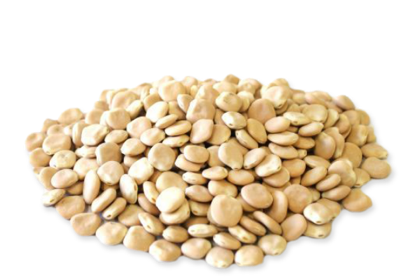
Our micronised lupin flour, Farilup 200, is mainly used in the making...

Pepilup 1300: Use of yellow reflections in special loaves of bread. The...

Farilup 500 is a standard lupin flour. It is used in brownies,...

Farilup 350T is used in many applications: cakes, crepes, pie shells or...
